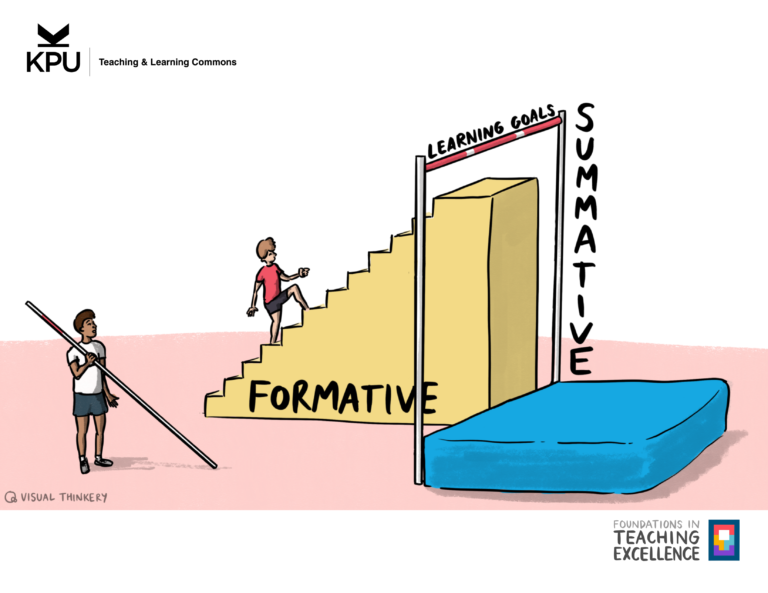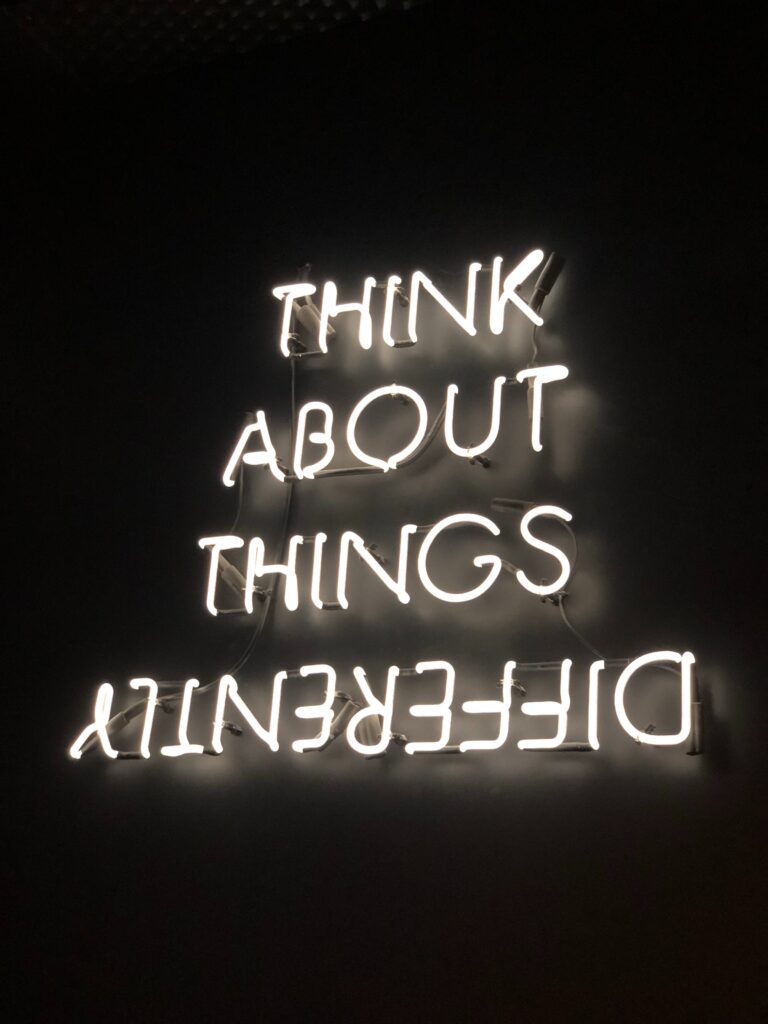Impact, Ability, Alignment, and Imperfection: Making Pedagogical Decisions
As I near the end of my time in the Teaching and Learning Commons, I am reflecting on the last two years. I have reconceptualized my role as an educator several times since April 2020, integrating new tools, enacting greater pedagogical care, and problem solving in different ways. I’ve been introduced to new methodologies and…









